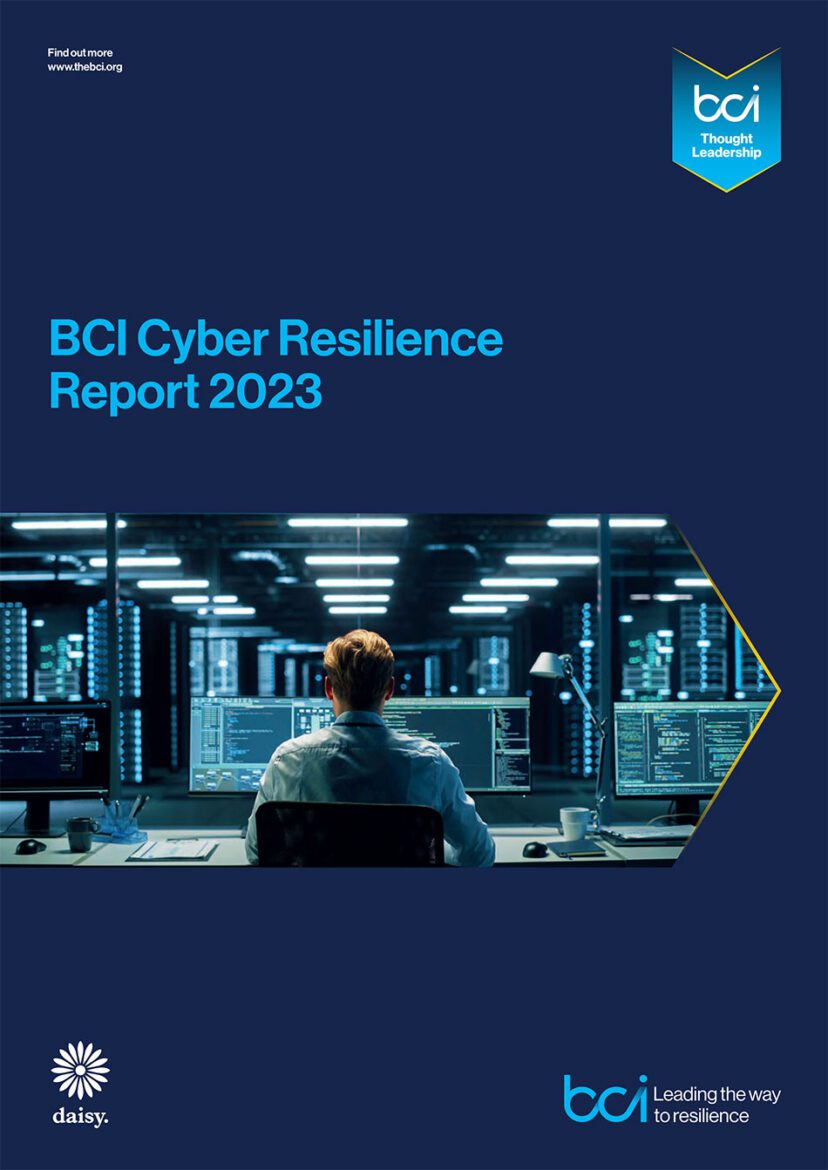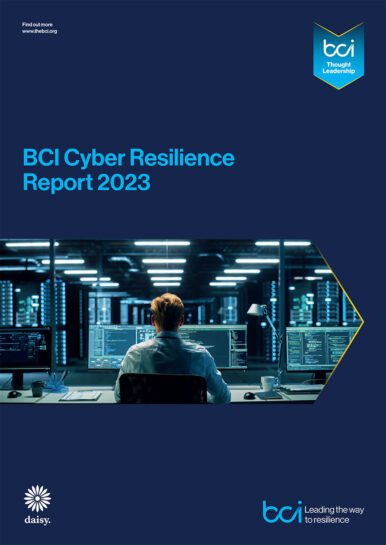

Daisy is pleased to support the BCI Cyber Resilience report, which once again provides fascinating insight into the challenges faced across the cyber and resilience communities.
It is clear, not just from the results of the BCI cyber resilience report but also from our engagement with customers, that organisations of all sizes are facing unprecedented cyber security challenges, and many have reported a noticeable increase in cyber attacks in the past twelve months. Many factors contribute to this effect, including the continued rise of hybrid working which, in turn, encourages an increase in the adoption of cloud-based services and a dependence on IT infrastructure for remote collaboration. The complexity of, and potential damage caused by, cyber attacks is also higher than ever before. The percentage of respondents reporting no financial costs incurred due to cyber crime is less than half of that recorded in the previous year’s report at 19%.
This all evidences that ensuring cyber resilience is even more critical as a strategic objective, than it has previously been.
Take a sneak peek at the key findings:
- 74% of respondents have noticed an increase in cyber attacks in the past twelve months
- 72% of organisations suffered a cyber security incident as a result of phishing or spear phishing
- The main causes of cyber security incidents were employees opening malicious links (52%), out of date software (32%), and weak credentials (28%)
- Security information event management (SIEM) and endpoint detection and response (EDR) alerts were the main tools that helped organisations find out about cyber incidents
Read and save your own copy of the BCI Cyber Resilience report here
Need some help?
If you’re unsure about what you need to improve your security posture, we can conduct a Security Health Assessment to review your current cyber security policies and technologies and provide recommendations on which areas require the most attention.